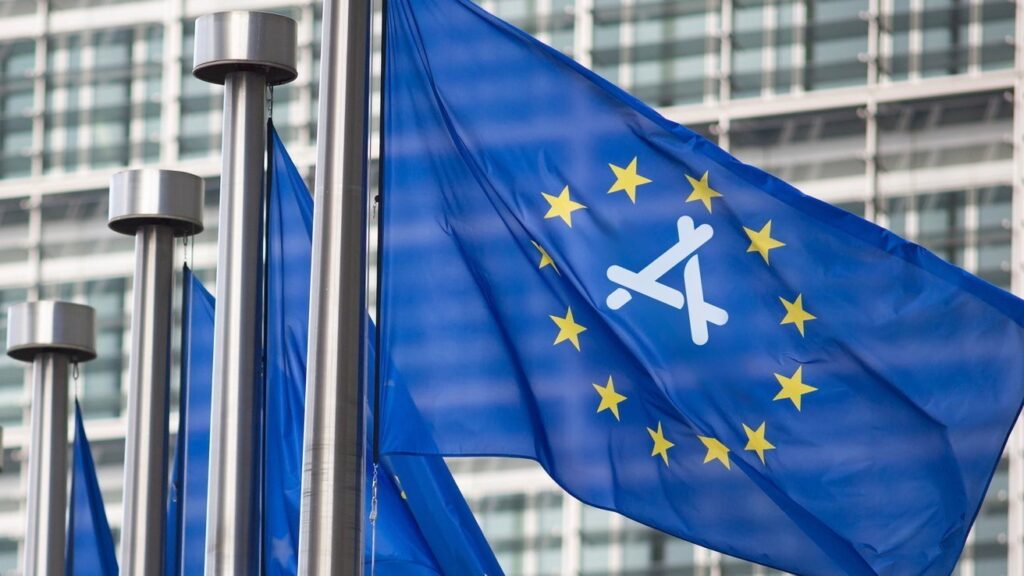

Apple has a month left to make its App Store rules compliant with EU Digital Markets Act antisteering provisions, or the fines will keep coming.
The full ruling outlines the EU’s 500 million euro fine against Apple
On April 23, following multiple reports that the EU was delaying the issuing of fines against Apple and Meta, Europe finally pulled the trigger. It announced that it would fine Apple and Meta millions of euros for failing to comply with the Digital Markets Act.
Over a month later, on May 27, the European Commission published its full ruling on the matter. The 67-page document also outlines exactly what the punishment is to Apple, for failing to follow the regulation.
Continue Reading on AppleInsider | Discuss on our Forums





